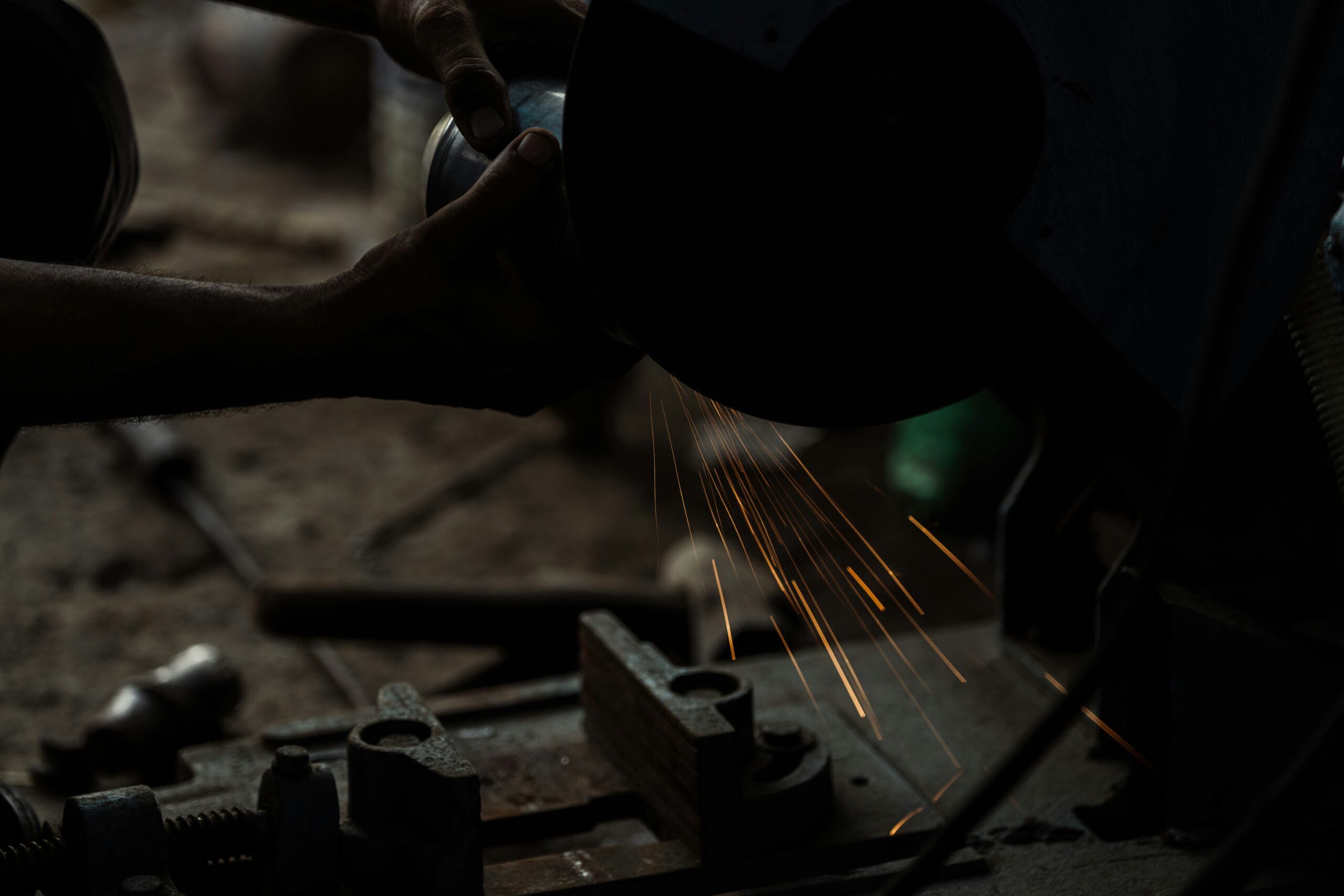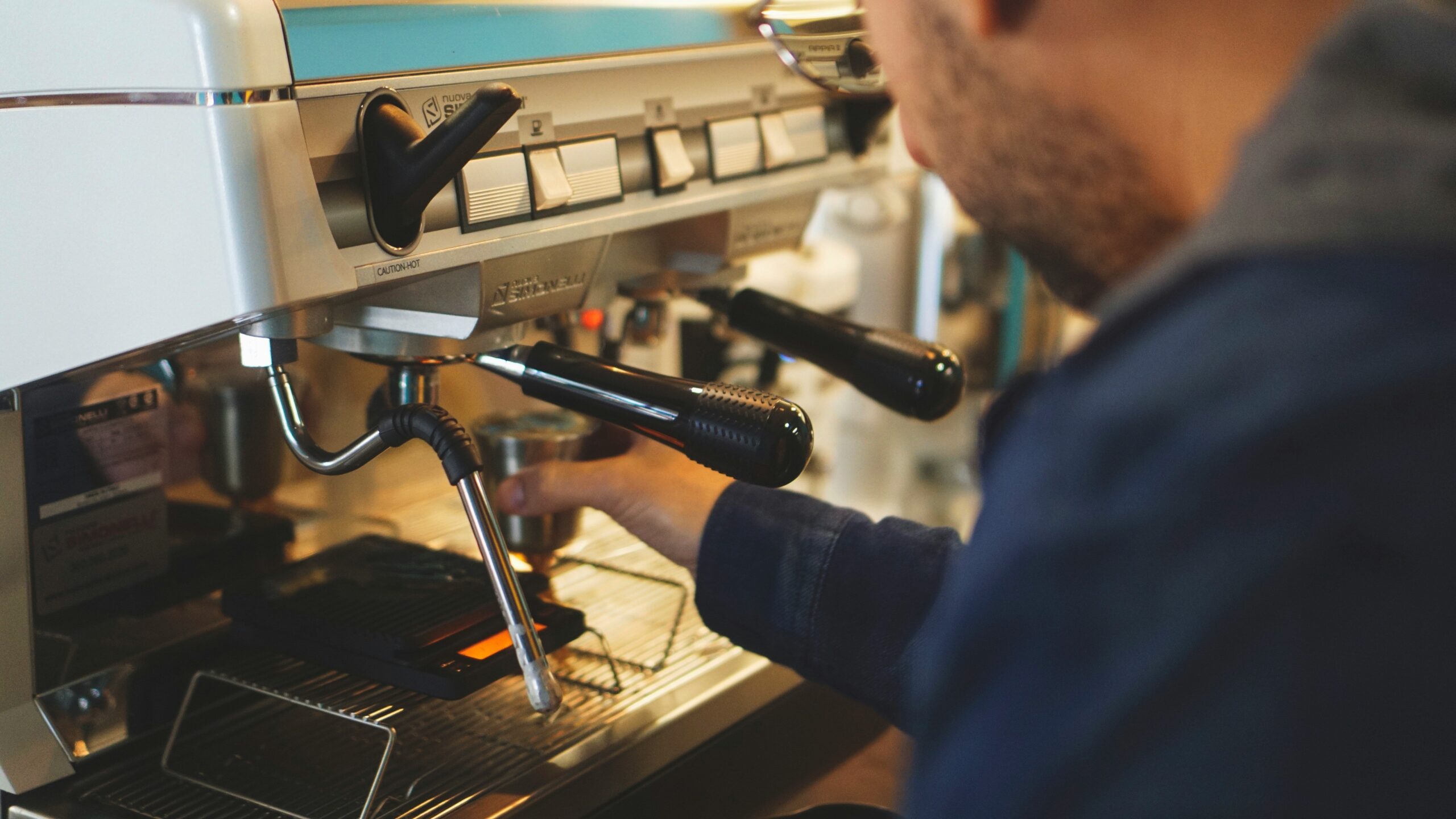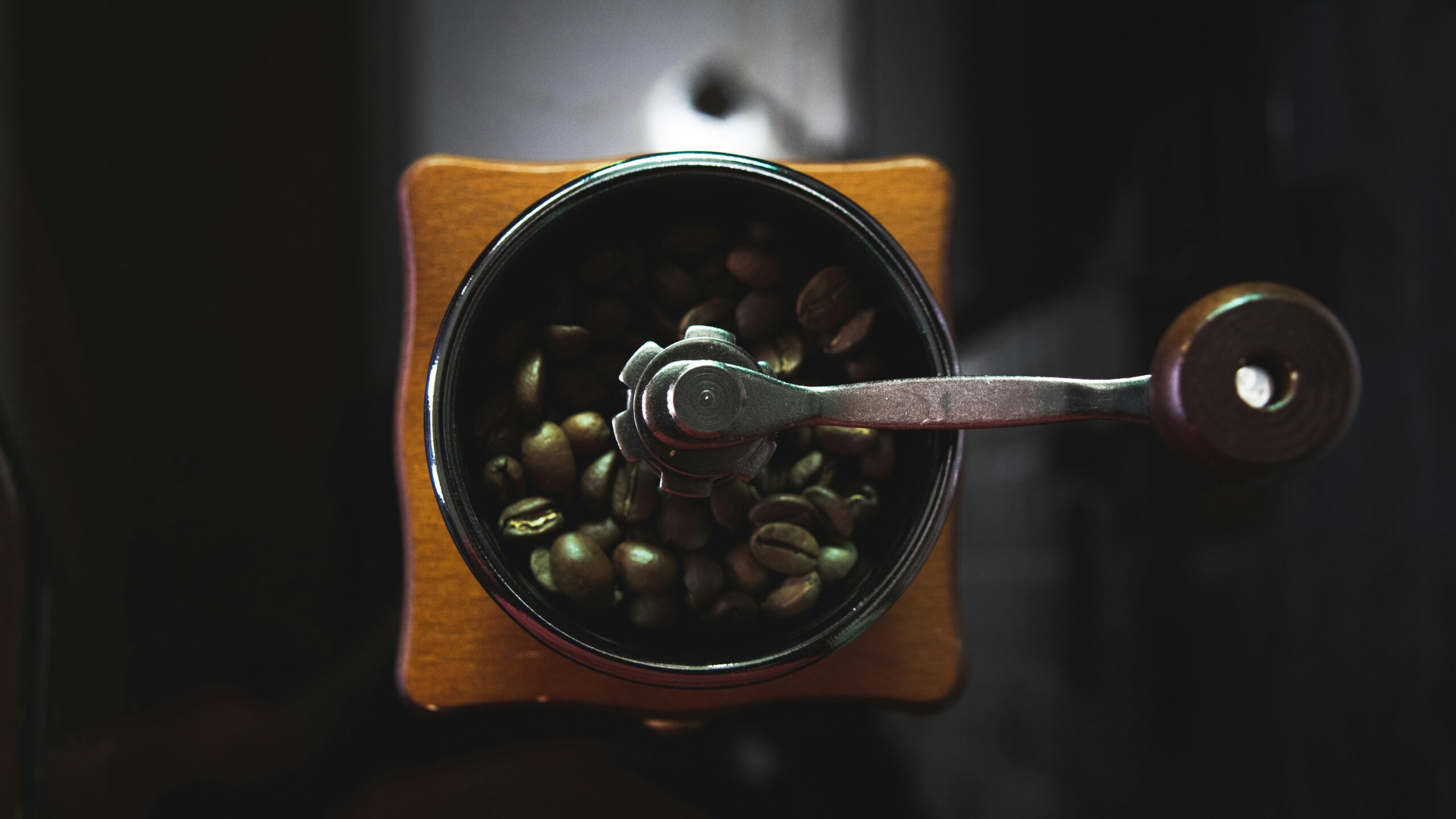Ever woken up to a cup of coffee so bitter it felt like drinking liquid charcoal? Yeah, us too. If you’re nodding along—or grimacing at the memory—you’ve probably been sabotaged by bad grind size settings.
In this post, we’ll dive deep into how mastering your smart coffee maker’s grind size settings can transform your mornings from “meh” to magical. You’ll learn:
- Why grind size matters for coffee flavor
- A step-by-step guide to adjusting grind sizes
- Pro tips to avoid rookie mistakes (and one terrible tip you should NEVER follow)
- Real-world examples of happy caffeine addicts who nailed it
Table of Contents
- Key Takeaways
- Why Grind Size Settings Matter
- How to Adjust Grind Sizes Like a Pro
- Best Practices and Pro Tips
- Success Stories: From Bitter Brews to Blissful Beans
- Frequently Asked Questions About Grind Size Settings
Key Takeaways
- Fine grind = stronger brew; coarse grind = lighter taste.
- Smart coffee makers let you customize grind sizes effortlessly.
- Ignoring grind size settings leads to over-extraction or underwhelming flavors.
- Tailor grind settings based on brewing method (espresso vs. French press).
Why Grind Size Settings Matter
Grind size isn’t just some fancy feature marketers slapped onto your smart coffee maker; it’s the secret sauce behind every perfect cup. Too fine, and your espresso might taste like burnt rubber. Too coarse, and your drip coffee could be watered-down dishwater.
“Optimist You:” “I’ll just use the default setting!”
“Grumpy Me:” “Ugh, nope. Do that, and you’re basically asking for mediocrity.”

How to Adjust Grind Sizes Like a Pro
Ready to level up your coffee game? Let’s break it down:
Step 1: Know Your Brewing Method
Espresso demands ultra-fine grounds, while French presses thrive on chunky ones. Here’s a quick cheat sheet:
| Brew Type | Recommended Grind Size |
|---|---|
| Espresso | Extra Fine |
| Drip Coffee | Medium-Fine |
| French Press | Coarse |
Step 2: Experiment Within Your Smart Maker App
Most smart coffee makers come with companion apps. Use them! Tweak the grind size slider until you hit goldilocks-level perfection.
Step 3: Taste Test Like a Barista
Does the coffee still taste off? Adjust again. It’s science meets art—your palette is the judge.

Best Practices and Pro Tips
- Start Small: Incremental changes yield noticeable differences.
- Clean Regularly: Residue buildup messes with consistency.
- Use Fresh Beans: Stale beans ruin even the best grind sizes.
Now here’s my Terrible Tip™: Skip cleaning entirely because “it doesn’t matter.” Spoiler alert—it absolutely does. Cleanliness ensures consistent flavor profiles!
Pet peeve time: Why do people always default to “fine” when they don’t know what they’re doing?! Sure, fine works for espresso—but not everything else. Stop it. Just stop it.
Success Stories: From Bitter Brews to Blissful Beans
Sarah T., a busy mom from Chicago, says switching her grind size from medium to coarse saved her pour-over routine. “It was life-changing,” she admits. Meanwhile, tech enthusiast Tom L. credits his new smart coffee maker for teaching him the art of precision brewing.

Frequently Asked Questions About Grind Size Settings
Q: Can I adjust grind size manually without a smart coffee maker?
A: Yes, but expect less precision unless you’re using high-end burr grinders.
Q: What happens if I ignore grind size completely?
A: Prepare yourself for bland or overly bitter cups. No bueno.
Q: Are pre-ground beans compatible with grind size adjustments?
A: Not really—they lack flexibility. Always opt for whole beans if possible.
Conclusion
Mastering grind size settings on your smart coffee maker isn’t rocket science—but it IS transformative. By tailoring your grind, you unlock deeper flavors, richer aromas, and better mornings. So go forth and brew boldly!
And remember…
“Java joy flows where grind fines stay tuned.” 🫖✨
Like Chad Kroeger said in 2002, it’s all about finding Nirvana—in your cup, anyway.


